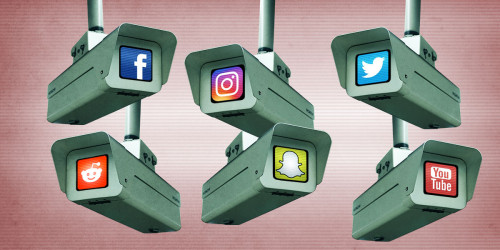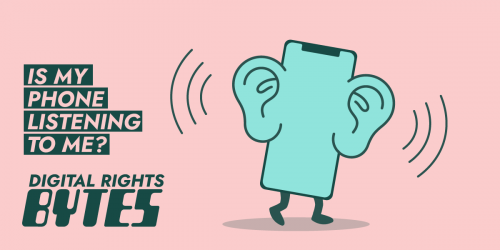Face surveillance is a growing menace to racial justice, privacy, and free speech. So EFF supports laws that ban government use of this dangerous technology, and laws requiring corporations to get written opt-in consent from a person before collecting their faceprint.
One of the worst offenders is Clearview AI, which extracts faceprints from billions of people without their consent and uses these faceprints to help police identify suspects. For example, police in Miami worked with Clearview to identify participants in a recent protest. Such surveillance partnerships between police and corporations are increasingly common.
Clearview’s faceprinting violates the Illinois Biometric Information Privacy Act (BIPA), which requires opt-in consent to obtain someone’s faceprint. As a result, Clearview now faces many BIPA lawsuits. One was brought by the ACLU and ACLU of Illinois in state court. Many others were filed against the company in federal courts across the country and then consolidated into one federal courtroom in Chicago. In both Illinois and federal court, Clearview argues that the First Amendment bars these BIPA claims. We disagree and filed an amicus brief saying so in each case.
Last week, the judge in the Illinois state case rejected Clearview’s First Amendment defense, denied the company’s motion to dismiss, and allowed the ACLU’s lawsuit to move forward. This is a significant victory for our privacy over Clearview’s profits.
The Court’s Instructive Reasoning
The court began its analysis by holding that faceprinting “involves expression and its predicates, which are entitled to some First Amendment protection.” We agree. EFF has long advocated for First Amendment protection of the right to record on-duty police and the right to code.
The court then held that Clearview’s faceprinting is not entitled to “strict scrutiny” of the speech restraint (one of the highest levels of First Amendment protection) but instead is entitled to “intermediate scrutiny.” We agree, because (as our amicus briefs explain) Clearview’s faceprints do not address a matter of public concern, and Clearview has solely commercial purposes.
Applying intermediate scrutiny, the court upheld the application of BIPA’s opt-in consent requirement to Clearview’s faceprinting. The court emphasized Illinois’ important interests in protecting the “privacy and security” of the public from biometric surveillance, including the “difficulty in providing meaningful recourse once a person’s [biometrics] have been compromised.” The court further explained that the opt-in consent requirement is “no greater than necessary” to advance this interest because it “returns control over citizens’ biometrics to the individual whose identities could be compromised.”
As to Clearview’s argument that BIPA hurts its business model, the court stated: “That is a function of having forged ahead and blindly created billions of faceprints without regard to the legality of that process in all states.”
Read here the August 27, 2021, opinion of Judge Pamela McLean Meyerson of the Cook County (Illinois) Circuit Court.










